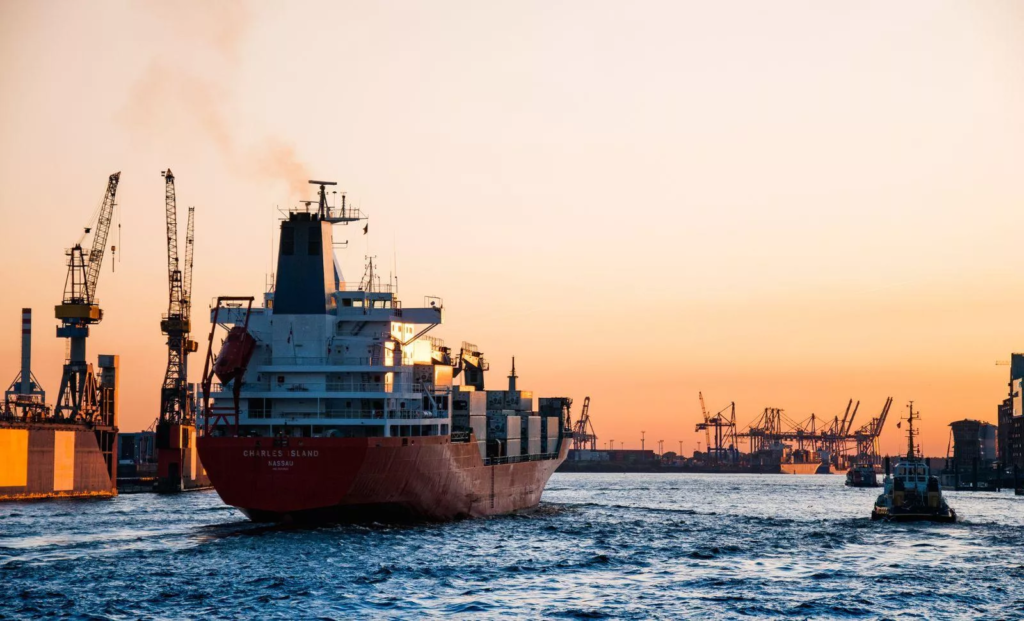The Science Based Targets initiative (SBTi) is launching the world’s first roadmap for shipping industry companies to set science-based targets based on 1.5°C and net zero.
According to SBTi, more than 80% of world trade is carried by sea, making the maritime industry a vital link in many global supply chains. Over 3% of the world’s annual greenhouse gas emissions come from this industry; by 2050, those emissions are expected to have increased by more than five times.
According to UMAS, a sector-focused advisory consulting firm that conducts research using shipping system models, big data, and qualitative and social science analysis, the industry must reduce emissions by 45% by 2030 and achieve net-zero emissions by 2040.
Further, a long-term target for the maritime industry entails lowering emissions to a residual level consistent with 1.5°C by no later than 2040.
The SBTi outlines how much and how quickly a maritime transport company must reduce emissions to be in line with keeping global warming to 1.5°C through the Science Based Target Setting Guidance for the Maritime Transport Sector. It offers thorough guidance on how maritime businesses should set goals and account for greenhouse gas emissions while considering the sector’s unique challenges and opportunities.
Alberto Carrillo Pineda, Co-Founder and Chief Technical Officer of the SBTi, said: “The shipping industry is on course to increase emissions more than fivefold before 2050. This is incompatible with our planetary limits. We must turn the ship and set a new course to drive immediate emission reductions.
“This is a huge challenge and we’ve created this new guidance to help maritime companies approach it head on. By using this science-based guidance, maritime transport businesses can set and implement credible climate targets with the ambition needed to avoid climate breakdown.”
The SBTi Maritime Guidance has been created for both users and providers of marine transportation services, i.e., businesses that own and operate oceangoing vessels, as well as those who are setting targets for supply chain emissions related to maritime trade.
This guidance was developed with the help of the Smart Freight Centre (SFC) and UMAS, as well as a Technical Working Group (TWG) comprised of experts from academia, civil society, and business. In addition, a month-long public consultation was held as part of the development process to ensure that the criteria and guidance were robust, clear, and practical.
